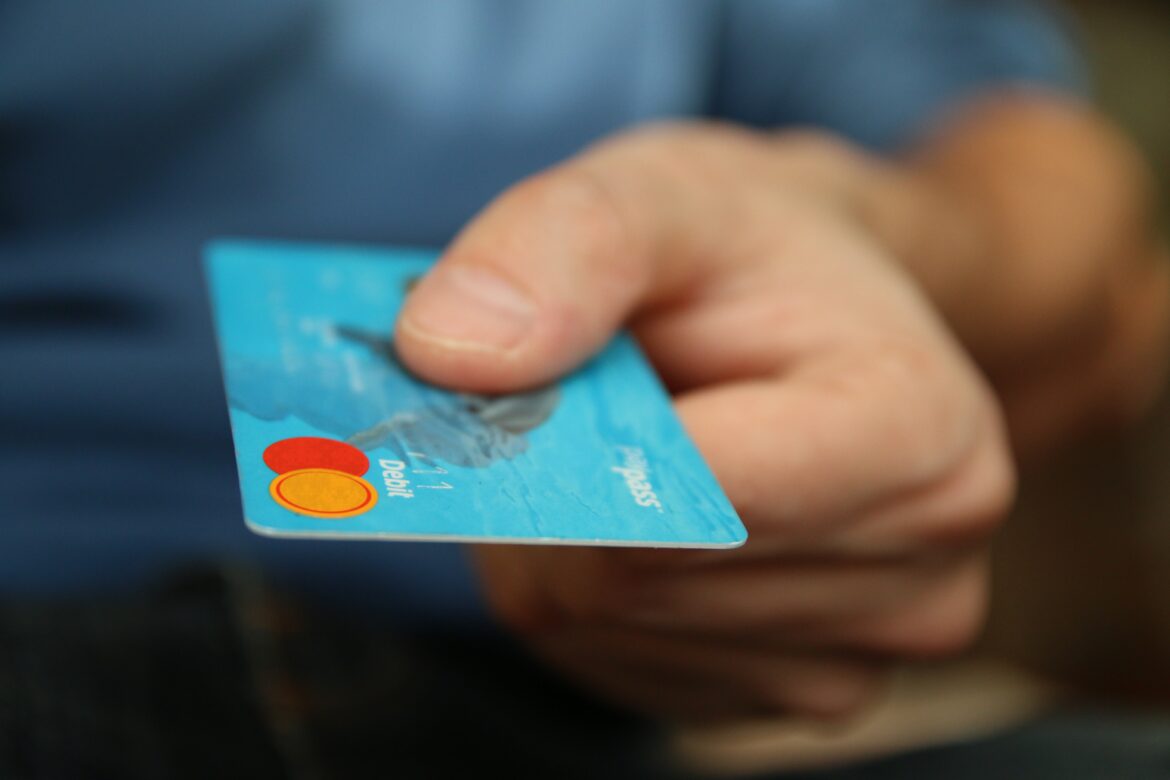In the obvious excitement of planning an African safari trip, concerns about credit card payment safety may not at first seem as thrilling as anticipation of spotting lions on the savannah or photographing elephants at a watering hole. However, understanding how to protect and keep secure, your hard-earned money while enjoying the holiday of a lifetime is also very important.
This article will try help you understand and put in place safe practices when using your credit card or debit card. These safety tips should be applicable as you plan and prepare for your trip, as well as during the trip, and even after your return from your African safari adventure.
Understanding Credit & Debit Card Usage in Africa
Before we delve into the specifics of credit card safety on safari, it’s important to recognize the unique context of an African safari.
First of all, you have to remember that you’ll be spending a significant portion of your time in remote wilderness areas. In the remote areas, transactions using the credit card may or may not work. That said, there will also be periods where you will be in more urban environments, such as at the beginning and end of your safari, when you’re most likely to be using your card, without many challenges.
The African continent is a vibrant mix of cultures and economies, with a burgeoning digital sector. This digital growth comes with the dual promise of increased convenience and potential risk. Therefore, credit card safety involves a two-fold approach:
(i) Safeguarding your card information from potential fraudsters and …..
(ii) Ensuring you can make transactions smoothly in diverse settings.
1. Preparations: Start Before You Depart
If your plan is to use your card (credit or debit), during your safari trip to Africa, there will be a few things that are highly recommended for you. These tips are to be followed before, during and after the safari trip to Africa.
Inform Your Bank of your impending travel plans
Inform your bank about your safari vacation plans. Normally, banks monitor card activity. In the process of this monitoring and may block transactions they view as suspicious.
To avoid this, give your bank information about your travel plans before leaving home. Include all countries you intend to visit, along with the dates.
Ensure you understand Card Policies
Go through the fine print and make sure you know and fully understand your credit card’s policies on international transactions and fraud. Some card companies offer zero liability for unauthorized charges, while others may charge for overseas transactions. Choose a card that best suits your travel needs.
Carry a Back Up Card
It is advisable to carry an additional card for emergencies. You may misplace or lose your card. Or transactions may simple fail for some reason. It should ideally be from a different bank, as some banks might have issues with certain overseas transactions.
Keep Important Contact numbers
Write down your credit card’s customer service numbers (both toll-free and direct dial) and keep them separate from your wallet. These will be vital in case your card is lost or stolen.
2. While on Safari
After the pre-travel precautions, we now look at what to do during the safari vacation itself.
Safeguarding Your Card Information
Once you taken care of the pre-travel precautions in regard to the use of your card while on safari, you also need to keep in mind some tips that will be of use during the safari itself. Consider these as an extra layer of protection in the process of protecting your money.
Use Cash Wherever and Whenever Possible
While on your safari, use cash for small transactions like souvenirs, tips, or meals. This reduces the chances of your card details being compromised. Remember to carry local currency, which can often be obtained from ATMs at your initial destination or exchanged before your trip.
Avoid, or Limit Online Transactions
Internet connectivity can be unreliable and unsecured in some areas. Limit the use of online banking or shopping while on your trip. If you need to use the internet, ensure you’re on a secure, password-protected network.
Use Credit Card, Not Debit Card
When it’s necessary to use a card, use a credit card rather than a debit card. The simple reason for this, is that credit cards generally have better fraud protection than debit cards. Also, in case of a compromise, a credit card fraud doesn’t directly drain your bank account.
3. After The safari; Checking and double checking
You are back from your safari. You enjoyed the marvelous wonders of the African continent and were able to use your credit or debit card for some transactions. Nowe= is the time to go through your statements to make sure that no suspicious or non-authorized transactions appear on your statements.
Monitor Your card/bank statements
After your trip, thoroughly check your credit card statements for any irregularities. This includes small transactions, as fraudsters often test cards with minor amounts.
Consider a Credit Freeze
If you suspect your card was compromised during your trip, consider putting a temporary freeze on your credit. This prevents new accounts from being opened in your name.
Report Suspicious Transactions
If you see any unfamiliar transactions, report them immediately to your credit card company. Timely reporting can limit your liability for fraudulent charges.
Take Away
In conclusion, taking an African safari is a once-in-a-lifetime opportunity for many. Should you happen to one of those, do not let the chance pass by.
However, if you intend to use your credit card for the purpose of payments during your trip, it is very important to bear in mind the challenges that come with card payments in Africa.
Most important is that with proper safety measures on the use of your card – credit or debit, you can focus on enjoying your adventure rather than worrying about financial mishaps. Happy travels to Africa! Safe transations with your cards!

